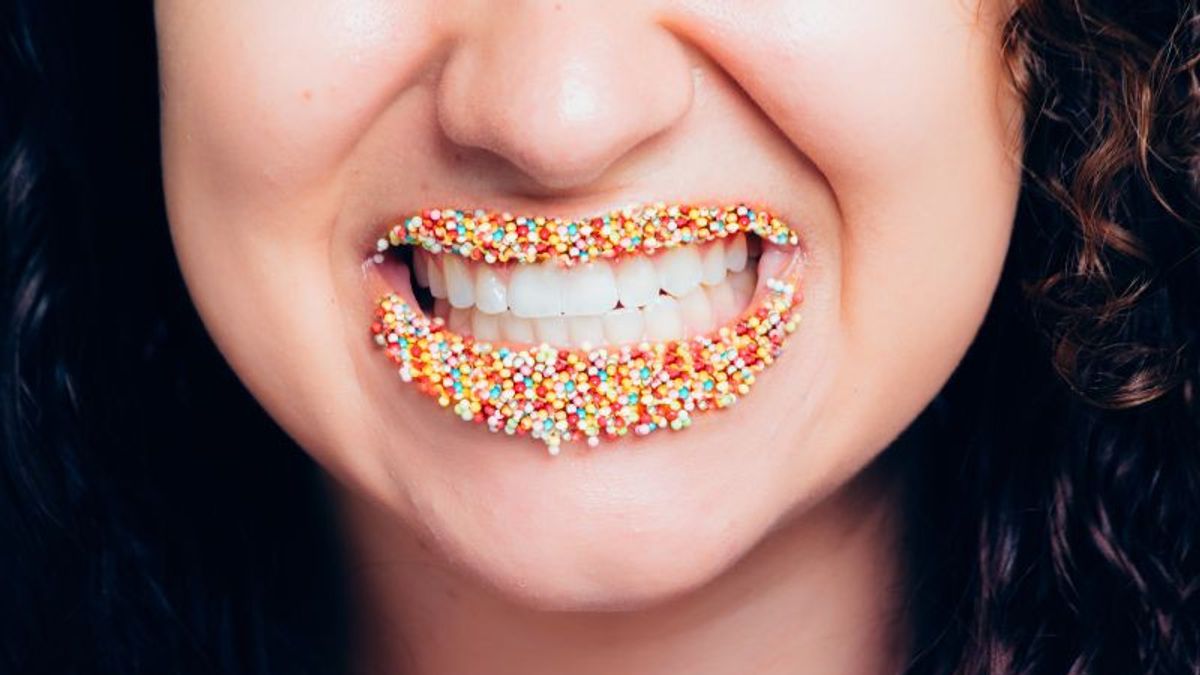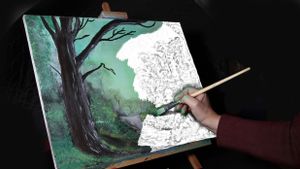JAKARTA - Eating fibrous foods at dawn and breaking the fast during Ramadan can help reduce the risk of caries or cavities, said drg. Rosdiana Nurul Annisa, Sp.KG from Pelni Hospital.
"Increase fibrous foods such as fruits and vegetables because when you chew these foods, there is a stimulation of salivation," Rosdiana told Antara, Saturday.
Saliva serves to clean the oral cavity, so there is a risk of caries or cavities. Cavities in teeth can affect health because the mouth is a place for bacteria to enter. Cavities that get worse can cause inflammation, making the blood vessels in the mouth open and can be entered by bacteria. After entering the blood circulation, microorganisms can enter other body organs
Based on the Healthy Living Community Movement (GERMAS) of the Ministry of Health, the amount of fruit and vegetables needed in one meal is a medium bowl of vegetables equivalent to 150 grams. Intake of fruit for one meal can be in the form of two medium pieces of papaya (150 grams) equivalent to two medium oranges (110 grams) or one small Ambon banana (50 grams).
During fasting, the mouth will become drier. To maintain dry mouth health during fasting, he reminded to pay attention to fluid intake every day. Everyone should consume 1.5 liters of water or eight glasses per day.
"Two glasses at dawn, four glasses after breaking the fast and two glasses after tarawih," said the dentist who graduated from the University of Indonesia.
It is also important to maintain oral and dental hygiene throughout Ramadan by brushing your teeth after suhoor and before going to bed. Brushing your teeth can be done at least half an hour after sahur, can be added with dental floss to reach the food that is tucked away.
The English, Chinese, Japanese, Arabic, and French versions are automatically generated by the AI. So there may still be inaccuracies in translating, please always see Indonesian as our main language. (system supported by DigitalSiber.id)













